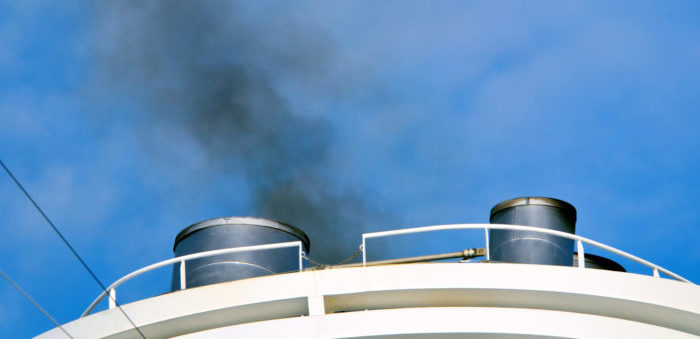In an effort to decarbonize shipping industry, approximately 200 countries are close to ink a legally-binding agreement focused on how to reduce pollution from the world’s cargo ships.
According to Bloomberg, this is a major step forward, following two years of talks on how the industry should clean up its emissions.
In light of the situation, a series of virtual meetings will begin on Monday 19 October, hosted by the United Nations shipping agency over a new rating system that will measure the carbon intensity of 60,000 large ships that haul everything from containers to crude oil.
Following the historic agreement of back in 2018 by the International Maritime Organization, its members are now negotiating ways to get to their goal of cutting the industry’s emissions in half by the middle of the century.
In fact, all of them agree a ratings system is needed for the carbon intensity of ships, but they remain divided about how it should be calculated and how it should be enforced, according to people familiar with the talks and documents seen by Bloomberg.
What is more, parties to the IMO talks will discuss a compromise proposal mapping out how the industry will act.
Namely, participants will discuss the following issues:
- European countries argue that the most polluting ships should be sent to scrap if they still don’t comply by 2029.
- Others including China and Japan, which chairs the IMO’s environment body, along with the International Chamber of Shipping, say Europe’s proposed enforcement measures are too stringent since ships already face energy audits that could lead to penalties and sanctions if they don’t comply.
- Environmental groups and countries vulnerable to the worst impacts of climate change, such as the Marshall Islands, say none of the measures are tough enough and even Europe’s plan will allow shipping emissions to continue rising for another decade.




























































